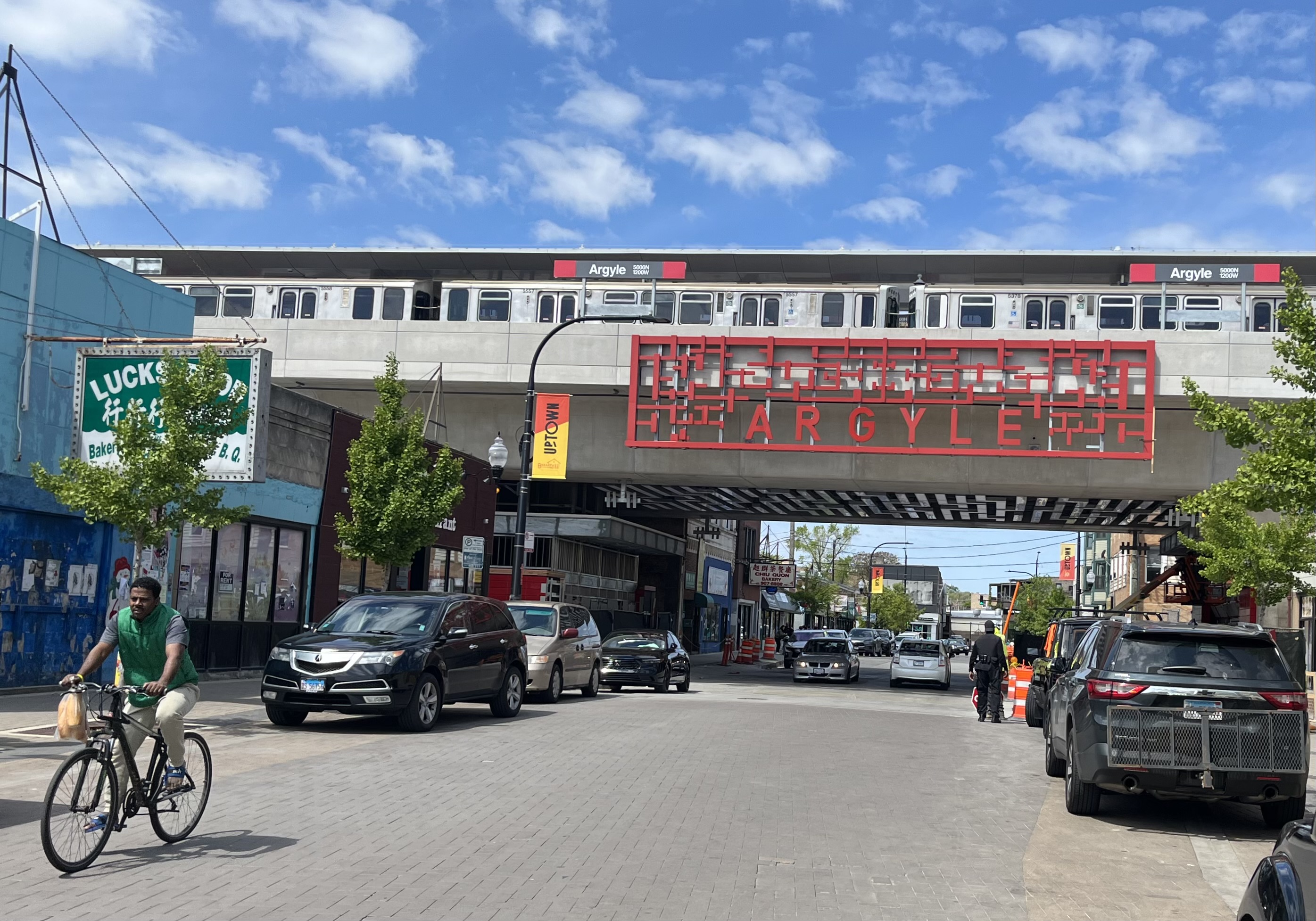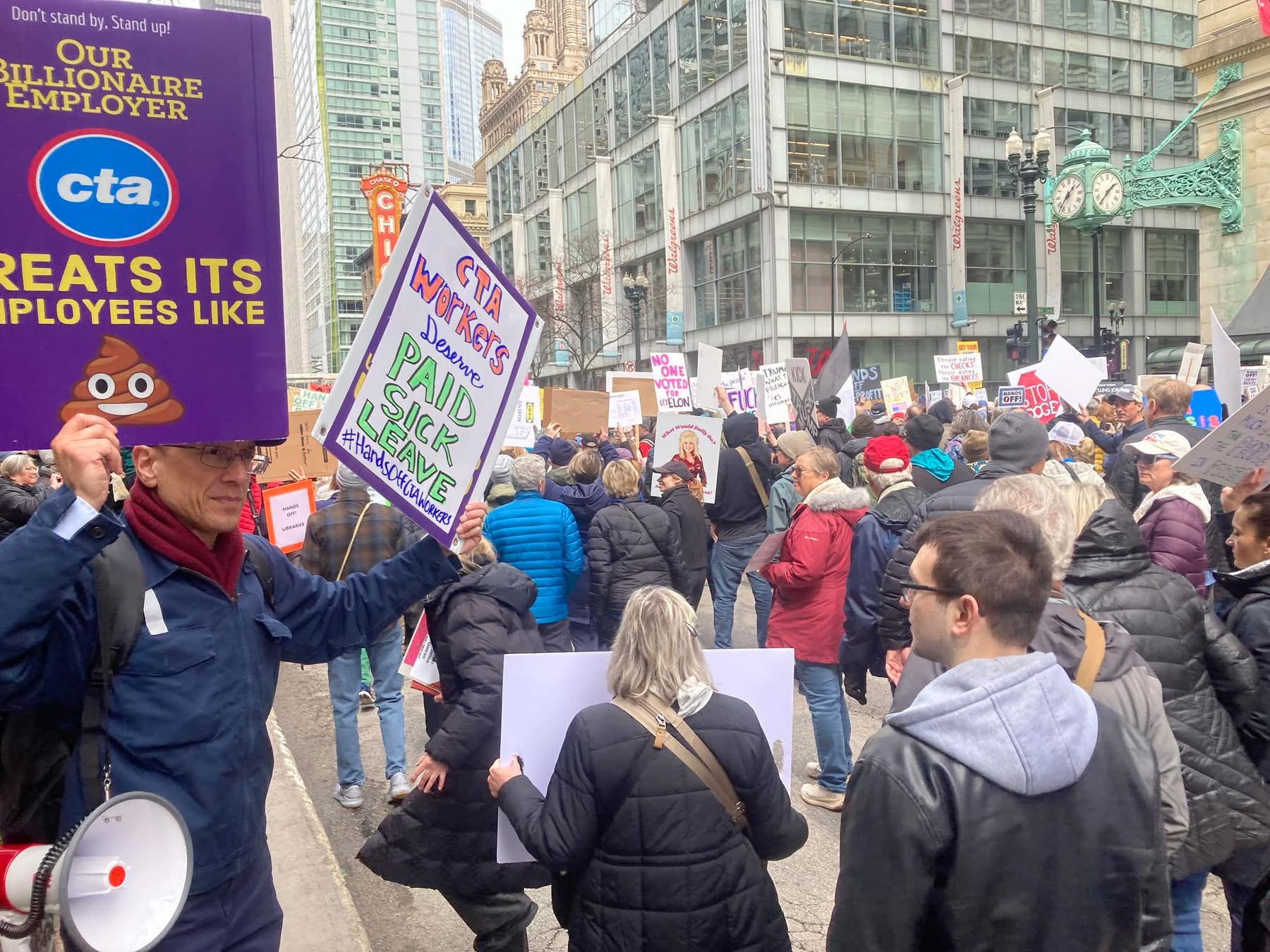
The construction of Seattle's budget-busting underground waterfront highway has been a great reminder of why car-based urban megaprojects are such a bad idea.
The one advantage of the tunnel is that it would allow for better walking, biking, and transit connections on surface streets by the waterfront. The trouble is, Seattle is on track to waste that opportunity by building another highway-like road right on top of the sunken highway.
The southern portion of the road will be 96 feet wide, with two travel lanes in each direction, a turn lane, two lanes for ferry loading and two 12-foot bus lanes, reports Next City. Marshall Foster, director of Seattle’s Office of the Waterfront, told Next City that the waterfront road needs to be that wide to avoid "throwing someone off the island."
Seattle Bike Blog is not buying it:
But the plan does “throw someone off the island.” That’s what we’re saying. The plan is not safe or comfortable for people on the ground. Or to phrase that another way: “Projected safety and public comfort needs will require fewer lanes in each direction.”
Vision Zero says that deaths and serious injuries are preventable, buy only if cities and states make safety the top priority in their street designs. If you compromise safety, then you are contributing to death and injury. Stop.
It seems the bureaucratic, public feedback route isn’t working here. They aren’t listening. Is it time to start planning protests?
Elsewhere on the Network today: After a spate of pedestrian fatalities,the Missouri Bike Federation says the state badly needs a vulnerable road users law. Offcite reports on a new type of housing project for Houston: transit-oriented, mixed-use, and mixed-income. And Bike Portland reports that after a driver traveling 60 miles per hour struck and killed a 15-year-old girl, the public is wondering what happened to the city's Vision Zero efforts.




